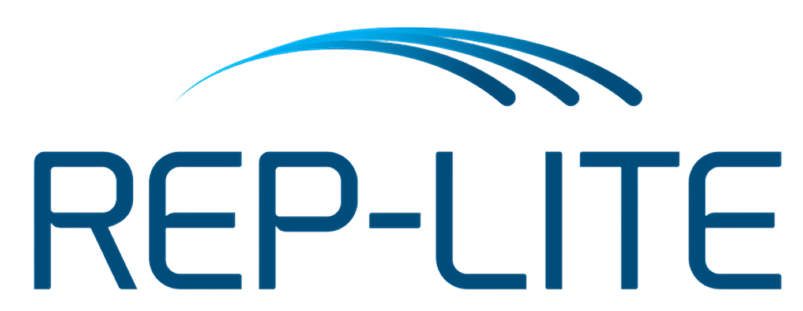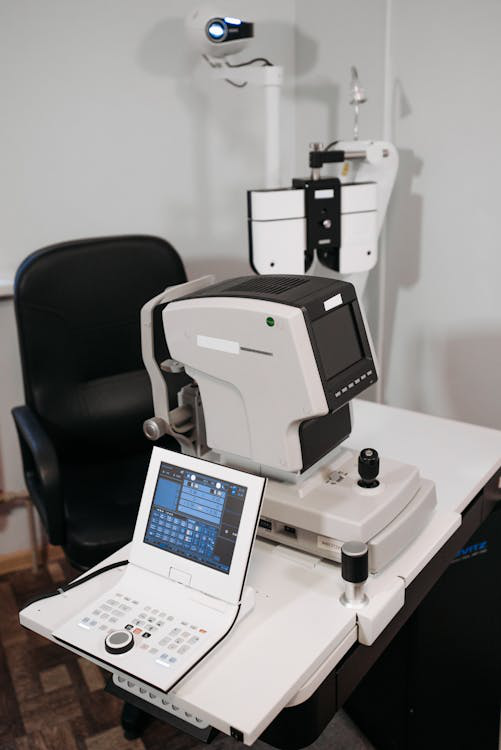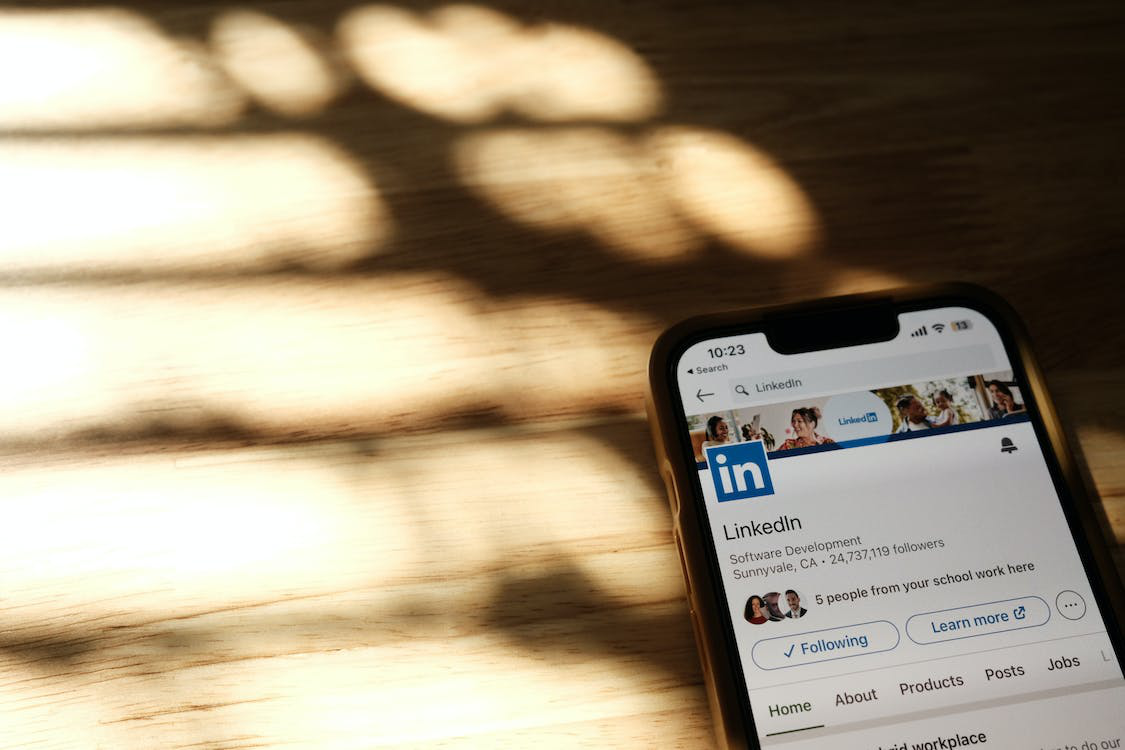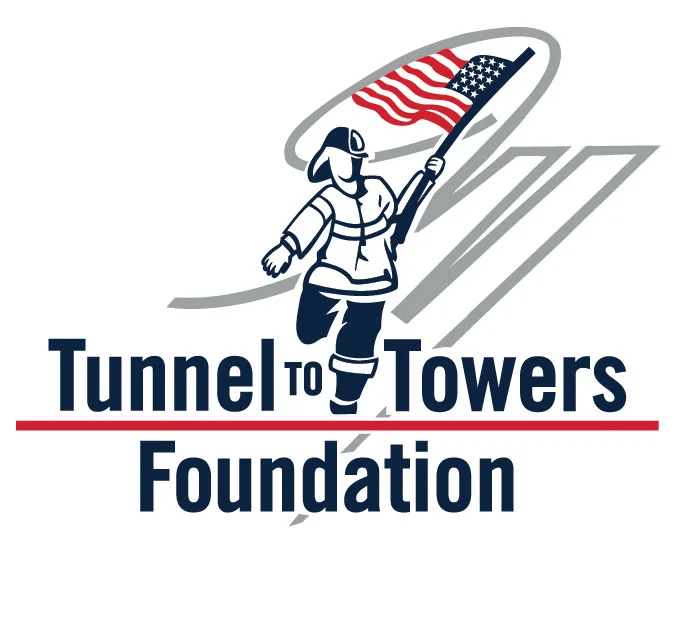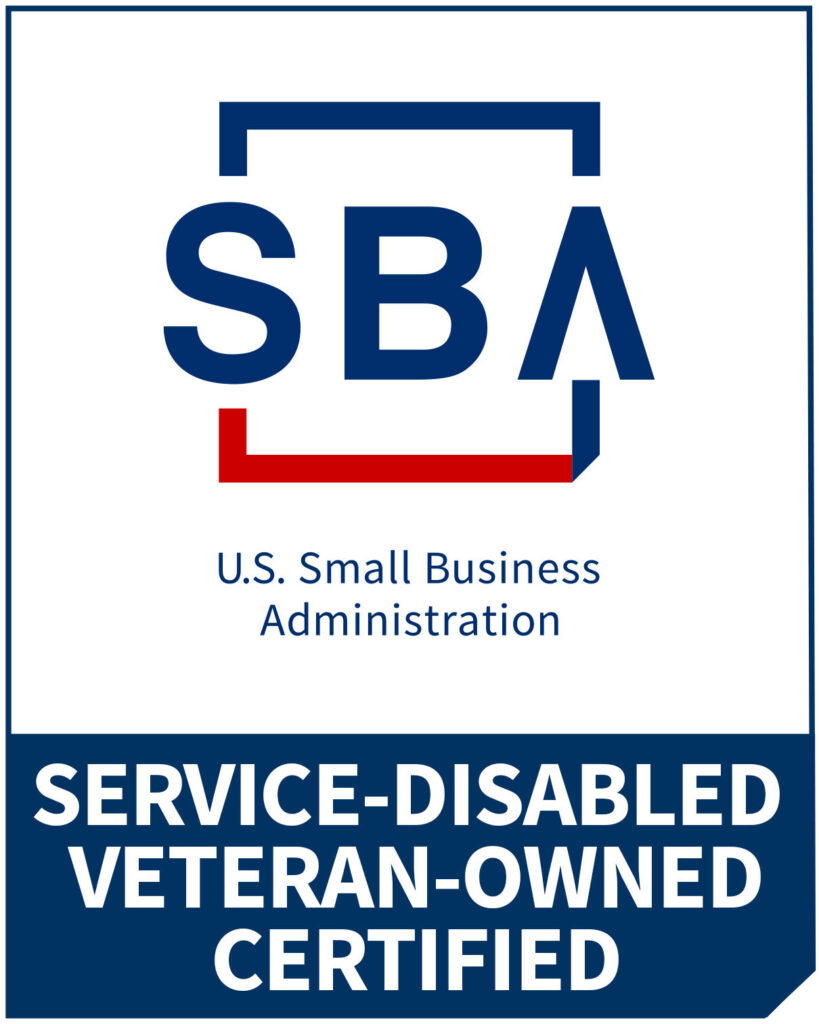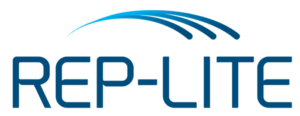In the competitive landscape of today’s job market, interviews play a pivotal role in the hiring process. They provide an opportunity for employers to assess candidates beyond their resumes and qualifications.
However, a single mistake during a job interview can significantly impact your chances of securing the job you desire.
At Rep-Lite, we understand the importance of interviews and have developed a process for helping you land your dream job in medical sales, clinical, and service teams.
In this blog post, we will guide you through twenty common interview mistakes that you should avoid.
Preparing for the Interview
Lack of Research
Underestimating the significance of company research can be detrimental to your job interview performance.
Thoroughly understanding the organization’s background, values, and mission is essential for showcasing your interest and aligning your goals with theirs.
Take advantage of the many resources available on our blog to gain insights into our innovative approach and ways to navigate the job interview process.
Additionally, explore the latest industry trends and developments to exhibit your industry knowledge during the interview.
Failure to Prepare Answers
Not anticipating common interview questions can leave you fumbling for words and diminish your chances of making a strong impression.
Develop strong and concise answers by considering potential questions related to your field. Reflect on your experiences, accomplishments, and challenges, and craft compelling narratives that highlight your skills and expertise.
At Rep-Lite, we offer personalized guidance and support to help you prepare.
Lack of Self-Assessment
Understanding your own skills and experiences is crucial for effectively communicating your value to prospective employers.
Identify your strengths and weaknesses and be prepared to discuss them during the job interview. Evaluate your unique skill set and identify areas for improvement.
By having a clear understanding of yourself, you can confidently articulate how you can contribute to the organization’s success.
Nonverbal Communication Mistakes
Poor Body Language
Your nonverbal cues speak volumes during an interview. Displaying positive body language helps establish rapport and convey confidence. Avoid common mistakes such as slouching, avoiding eye contact, or fidgeting excessively.
Instead, maintain an upright posture, engage in active listening, and use appropriate gestures to demonstrate your enthusiasm.
You can do a mock interview to help you simulate the actual interview experience and refine your performance.
Inappropriate Attire
Dressing inappropriately for an interview is one of the most common job interview mistakes and can send the wrong message to the hiring manager. Whether it’s medical sales, clinical, or service roles, it’s essential to adhere to appropriate dress code guidelines.
Research the industry norms and choose attire that reflects professionalism and aligns with the company culture and dress code.
Weak Handshake
The strength of your handshake can leave a lasting impression on hiring managers.
A weak handshake can signal uncertainty or lack of confidence, whereas a confident and firm handshake exudes professionalism. Practice your handshake to strike the right balance between strength, warmth and a positive attitude. Our talent sourcing process at Rep-Lite emphasizes the significance of first impressions, and we can offer guidance on handshake etiquette to ensure you make a memorable entrance.
Verbal Communication Interview Mistakes

Rambling Answers
Delivering concise and relevant answers is essential during a job interview. Rambling or losing structure in your responses can dilute your message and confuse the interviewer. Employ techniques such as the STAR method (Situation, Task, Action, Result) to structure your answers effectively. By providing a clear framework, you can communicate your experiences and achievements in your professional or even personal life in a coherent manner, leaving a lasting impact on the interviewer.
Lack of Clarity and Confidence
Using filler words and vague language can undermine your credibility and convey a lack of preparation.
Aim for clear and confident communication by using precise and impactful words. Practice articulating your thoughts concisely to ensure your message is understood. Prioritize effective communication skills and seek valuable feedback to help you refine your speaking abilities in your next interview.
Interrupting or Talking Over the Interviewer
Building rapport with the interviewer is crucial, and interrupting or talking over them can hinder that process. Active listening and appropriate timing are essential during interviews and can help you avoid common interview mistakes.
Give the interviewer the space to speak and demonstrate your listening skills by nodding and maintaining eye contact. Engage in a meaningful dialogue that showcases your ability to collaborate and communicate effectively.
Lack of Preparation for Behavioral Questions

Inability to Provide Specific Examples
Supporting your claims with real-life scenarios is vital when answering behavioral questions.
Failing to provide specific examples can make your answers appear vague and generic. Take the time to reflect on your past experiences with your previous employer and identify situations that demonstrate your skills, problem-solving abilities, and adaptability.
By preparing concrete examples, you can effectively convey your qualifications and make a memorable impression in your job interviews.
Not Following the STAR Method
The STAR method is a powerful framework for answering behavioral questions. It helps structure your responses and ensures you cover all the necessary components: Situation, Task, Action, and Result.
Familiarize yourself with this method and use it to showcase your achievements and how they align with the requirements of the role. At Rep-Lite, we provide guidance on effectively utilizing the STAR method to help you shine in your interviews.
Neglecting to Highlight Achievements
Don’t shy away from showcasing your relevant accomplishments and results during the interview.
Your achievements provide evidence of your capabilities and set you apart from other candidates. Craft compelling stories that demonstrate how your contributions made a tangible impact.
However, strike a balance between highlighting your achievements and sounding boastful. Rep-Lite’s talent sourcing process enables us to identify and effectively convey your achievements to potential employers.
Failure to Ask Questions
Not Preparing Questions in Advance
Asking thoughtful questions during an interview demonstrates your genuine interest in the role and the organization. Failing to prepare questions can leave you at a disadvantage.
Consider inquiries related to the company culture, future opportunities, or specific aspects of the role. At Rep-Lite, we encourage candidates to engage in meaningful conversations during interviews.
Asking Only About Salary and Benefits
While compensation is important, limiting your questions to salary and benefits can give the impression that your interest in the job is solely financial. Showcasing a broader interest in the company, its goals, and the work environment helps demonstrate your enthusiasm and long-term commitment.
Inquire about career development opportunities, team dynamics, or recent projects to gain a comprehensive understanding of the role and the organization.
Asking Inappropriate or Irrelevant Questions
Avoid asking questions that delve into sensitive or inappropriate topics. Maintain professionalism and focus on matters relevant to the position and the company.
Research the organization and industry to identify appropriate topics to discuss.
Lack of Professionalism
Arriving Late
Punctuality is a fundamental aspect of professionalism. Arriving late for an interview sends a negative message about your reliability and respect for others’ time.
Plan your journey in advance, accounting for possible delays, and aim to arrive a few minutes early. This demonstrates your commitment and allows you to compose yourself before the interview begins.
Poor Etiquette
Displaying rude or unprofessional behavior can instantly derail your chances of success. Ensure you adhere to proper interview etiquette throughout the entire process.
Be courteous, respectful, and attentive to the interviewer. Maintain professional conduct even in casual interactions, such as with receptionists or other staff members.
At Rep-Lite, we emphasize the importance of professionalism in our talent-sourcing process and can provide guidance on interview etiquette to help you leave a lasting positive impression.
Lack of Follow-Up
Post-interview follow-up is a critical step that many candidates overlook. It allows you to express gratitude, reiterate your interest in the position, and address any additional questions or concerns.
Send a personalized thank-you note or email to the interviewer within 24-48 hours of the interview. This small gesture demonstrates your professionalism and keeps you fresh in the interviewer’s mind.
Technical and Knowledge-Based Interview Mistakes
Insufficient Knowledge of the Company
Familiarity with the organization is essential for showcasing your genuine interest and commitment. Research the company’s background, recent achievements, and future plans.
Use this knowledge to tailor your interview answers and ask informed questions. Demonstrating your understanding of the company’s mission and values highlights your dedication and aligns you with their vision.
Lack of Familiarity with the Job Requirements
Matching your skills to the job description is crucial during interviews. Analyze the job requirements and identify areas where your expertise aligns.
Be prepared to discuss how your qualifications make you an ideal candidate for the role and to discuss your resume. If you encounter knowledge gaps, emphasize your ability to learn quickly and adapt.
Inability to Demonstrate Technical Skills
For positions requiring technical proficiency, practical demonstrations are often part of the interview process. Prepare by revisiting and practicing key technical skills specific to the role.
Anticipate questions or tasks that may assess your technical abilities and ensure you can showcase your competence confidently. By highlighting your technical skills effectively, you enhance your chances of impressing the interviewer and securing the job.
Conclusion
Avoiding common interview mistakes is crucial for success in today’s competitive job market. By implementing the tips discussed in this blog post, you can significantly improve your interview performance and increase your chances of landing the job you desire.
At Rep-Lite, we recognize the value of a comprehensive talent sourcing process for medical sales, clinical, and service teams. By working with us, you can receive personalized guidance and support tailored to your specific field.
Remember, thorough preparation, effective communication, and professionalism are key to acing your job interviews and paving the way for a fulfilling career.
